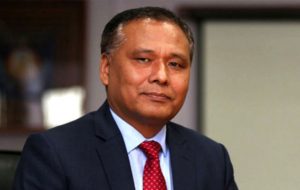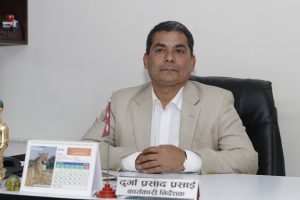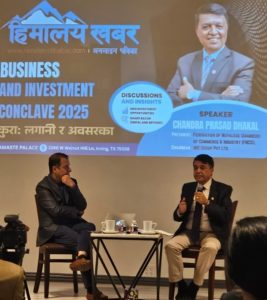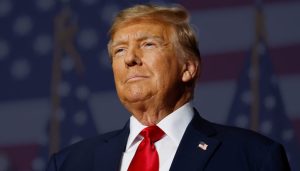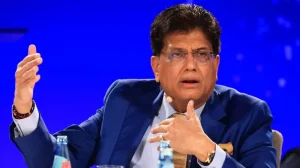KATHMANDU — U.S. President Donald Trump and Russian President Vladimir Putin are preparing to meet in Budapest within the next two weeks, marking a fresh round of direct talks between Washington and Moscow.
Speaking at the White House on Thursday, Trump said the upcoming meeting would focus on “meaningful discussions” aimed at ending the war in Ukraine. The plan was finalized after a telephone call between the two leaders, reopening a high-level channel of communication after months of strained relations.
The Kremlin confirmed the meeting and said the exact date and time are being finalized. The two leaders last met in Alaska, where talks ended without a breakthrough but with an agreement to keep the dialogue going.
Budapest Meeting Seen as Possible Turning Point
Observers say the Budapest meeting could signal a new effort to find common ground on the Ukraine conflict. Ukrainian President Volodymyr Zelensky will not attend. Putin had previously rejected Zelensky’s participation in earlier negotiations.
Zelensky is currently in Washington for separate talks with Trump. According to Reuters, he is expected to request long-range Tomahawk missiles. Trump has shown openness to the idea, while Putin warned that such a move could “disrupt the atmosphere for peace talks.”
The choice of Budapest as the venue has also drawn international attention. Hungarian Prime Minister Viktor Orbán said his government is ready to host the summit. Writing on X (formerly Twitter), he said:
“The planned meeting between the U.S. and Russian presidents is good news for peace-loving people around the world. We are ready.” Tensions between Hungary and Ukraine have recently grown. Zelensky accused Hungarian drones of entering Ukrainian airspace, while Orbán questioned Ukraine’s sovereignty in response.
Global Reaction and Diplomatic Stakes
The Budapest meeting once again places Trump and Putin at the center of global diplomacy. For Putin, who faces travel restrictions due to war crime allegations, the talks could be a chance to reassert his international presence.
Trump pointed to his recent diplomatic efforts — including helping broker a ceasefire between Israel and Hamas — and described himself as a “leader focused on negotiation and resolution.”
“My entire life has been about making deals. I believe the war in Ukraine will also end soon,” he told reporters. Some European Union officials, however, worry that direct U.S.–Russia talks could sideline Ukraine’s role in the process. Zelensky, posting on X, criticized Moscow’s stance, writing:
“Every time weapons are discussed, Moscow suddenly starts talking about peace.” The planned Trump–Putin summit in Budapest could mark either a genuine step toward peace or another round of geopolitical rivalry. As the world watches closely, the meeting is shaping up to be one of the most closely followed diplomatic events of the year.

